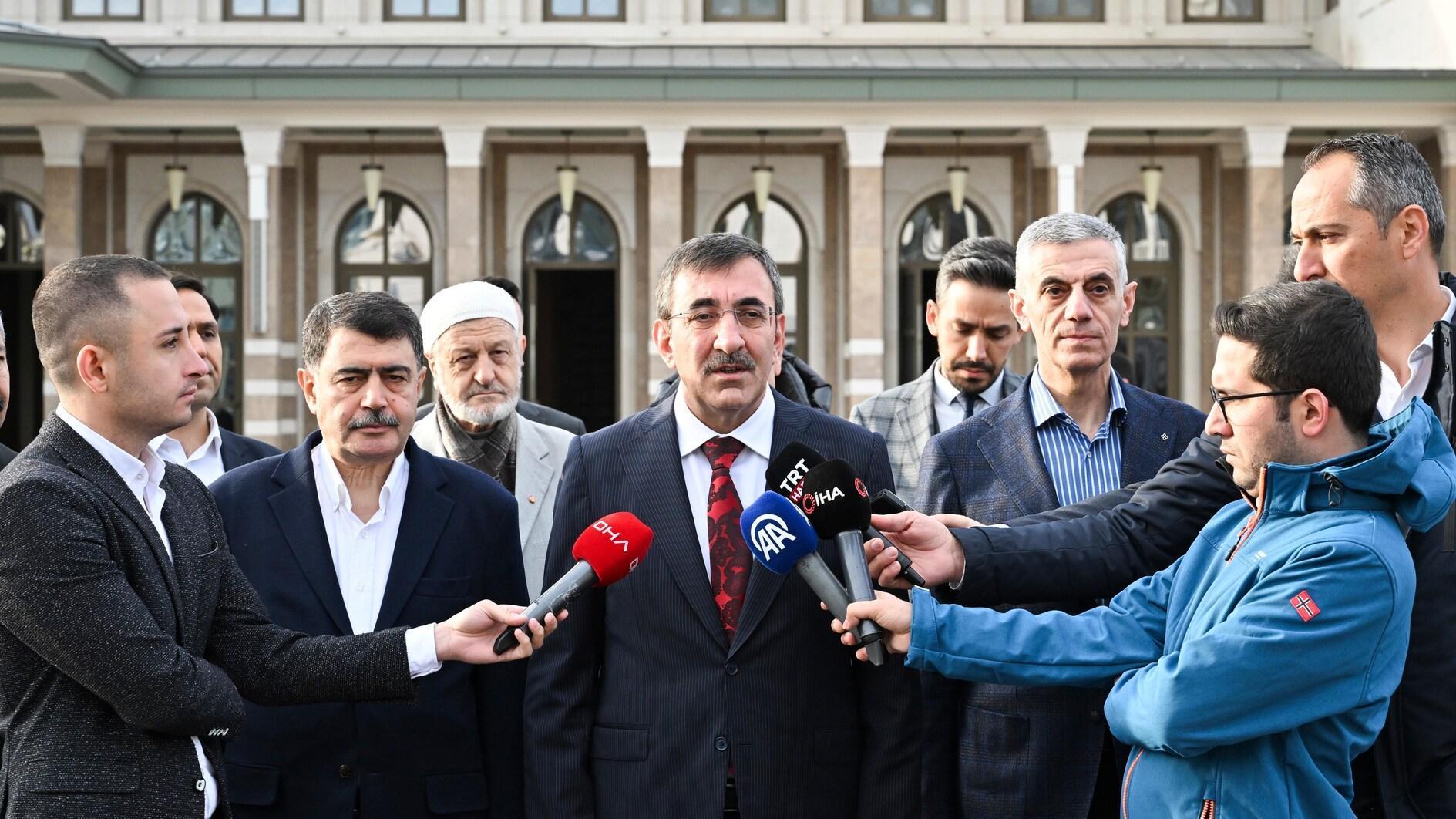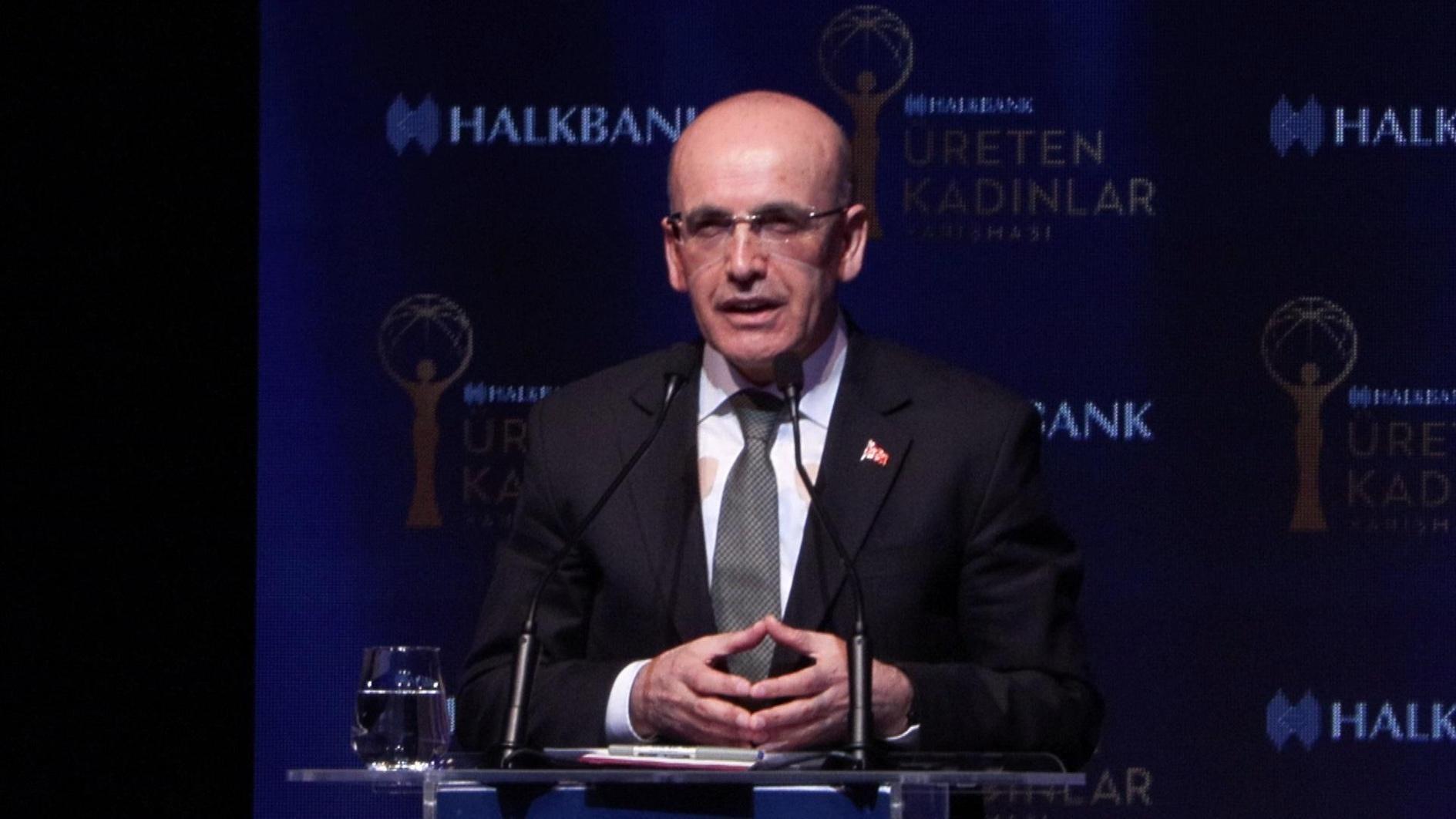Lie detector machine designed especially for Turks being developed
Belgin Akaltan / Ines Bensalem

File photo
A polygraph machine adapted for Turkish culture is currently under development at Istanbul’s Üskudar University.“That which can be considered a ‘lie’ by regular polygraphs used in the West may not be considered a lie by Turkish people. Cultural differences must be taken into account in the detection of what is a lie and what is not,” Professor Nevzat Tarhan, in charge of the project, told the Hürriyet Daily News.
Firstly, how does your “lie detector” work?
The machine we are producing takes into account six parameters: Skin temperature, skin resistance (which means the amount of humidity on the human skin), heart rate, breathing frequency, muscle tension and brain signals, which are the main factors. By measuring these, the machine analyzes the person’s nervous system. For this purpose, different measuring units are used to describe different aspects of muscles and brain. We will gather all the data and record answers on special software.
All polygraphs use these parameters to detect a lie. How is yours more accurate when it comes to Turkish people?
Our lie machine will adapt itself to Turkish people, essentially. All answers should be interpreted according to culture because people’s behavior changes depending on where they are from. For example, when jealousy is in question, even among Turks, the reactions of people from the Black Sea, east, central and western Anatolian regions differ. Because of these differences, the expectations and answer can be misinterpreted.
How do you adapt the lie detector to each region based on cultural and social differences?
We look at the backgrounds of people, such as their birthplace and origins. A person can react uncomfortably not because they are lying but because they are “culturally inclined to.” This is a normal reaction. As an example, we can quote an experiment … called the “Minnesota Multiphasic Personality Inventory.” In this identity test, people were asked about the effects of being observed and trusted. The answers of the Turkish people [in the test] were so unusual that they could be considered paranoid in American terms. The rate of schizophrenics was higher than usual. The perception of enemies is a higher level among Turks.
Because of this, the questions needed to be adjusted to the Turkish culture, standardized and asked accordingly.
Aren’t these parameters still too variable to determine who is really lying or not?
Our machine also has a mind-reading ability to detect the subject’s intention. We will record the brain waves that show contradictions and differences between the subject’s real thoughts and expressed thoughts. We will develop a program that helps us achieve that. We are still improving our gene project by working on the software. We will make use of psychologists, neuroscientists and engineers, such as computer engineers and bio-engineers. There will be medical scientists as well as criminalists.
For what purpose was this lie detector developed? For what intelligence? Police? Army?
A recent law has officially enabled the MİT [National Intelligence Organization] to use these machines. For now, the polygraphs will most likely be imported, and used in every police station or in special centers. There are many possibilities but nothing has been done yet.
Is the government interested? Have you been contacted?
We have written to the MİT and the Ministry of Internal Affairs a few months ago; however, haven’t received any response. When the MİT law came to light, we figured that they would need to import such machines. We were also able to do something very close to that purpose and therefore decided to work on this project.
Have you tried a prototype on volunteers? What have been the results so far?
If we get public support, the framework of this project is ready. We will build focus groups representative of areas across Turkey and ask these groups questions. Through cultural context, we will help the interpreter and prevent wrong interpretations. This is the main logic of our lie machine. If the lie detector is used properly, we could precisely determine different profiles by reading people’s intentions. For example, the typical “uncomfortable answer” is expressed from stress, jealousy or pain. Normally, the human brain differentiates between intentional behavior and unintentional behavior, as different areas of the brain are activated during intentional and unintentional acts.
Does gender affect the results?
Gender only plays a role when it comes to the questions. For example, a woman might be more reactive to questions about children. Our lie machine will be able to determine maternity or paternity through the brain waves.
How much can we evaluate the accuracy of the lie detector?
The accuracy rate of this software ranges from 50 to 90 percent, according to records. We aim to reach 90 percent with this machine once it is developed.
Even on “professional liars”?
Advanced liars are not easy to detect, but we are able to catch some liars. By advanced liars, we mean people who have gained the ability to control their nerves while lying. Therefore, they make it incredibly hard to detect and analyze reactions that suggest lying. For example, people that associate with groups such as the mafia don’t typically get caught because they go through training that prevents their real reactions from emerging. They are trained through torture and resistance exercises. There can be people who are able to fool the lie detector theoretically. However, they are not able to control their brainwaves. We study their P300 waves, as we call them. This requires very detailed inspection and through this, even “professional liars” can be revealed.
Who is Prof. Nevzat Tarhan?

Along with being the rector of Üsküdar University, Nevzat Tarhan has led social projects as a chairman at places such as the Foundation for Human Values and Mental Health (İDER) and the Association of Justice Defenders (ASDER).
* Melis Özer contributed to this article.
















